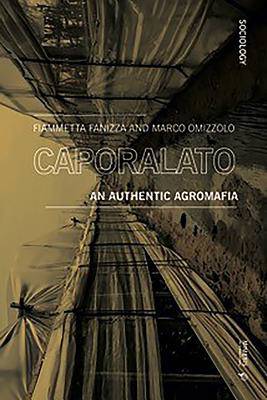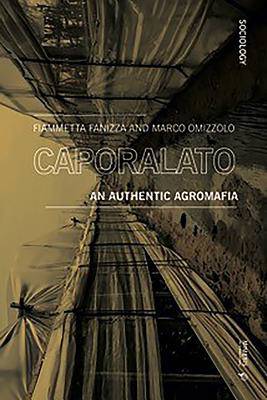
- Afhalen na 1 uur in een winkel met voorraad
- Gratis thuislevering in België vanaf € 30
- Ruim aanbod met 7 miljoen producten
- Afhalen na 1 uur in een winkel met voorraad
- Gratis thuislevering in België vanaf € 30
- Ruim aanbod met 7 miljoen producten
Zoeken
€ 23,45
+ 46 punten
Omschrijving
The essay investigates the effects produced by criminal networks involved in the production and harvest of agricultural products. Focused on the analysis of caporalato, it explores the enslavement of immigrant agricultural labourers and territorial segregation practices. Moreover, it deals with the topic of the agromafias' role and discusses matters related to the deregulation of the agricultural market, as well as the general crisis of the agroindustries. Because caporalato has become a methodological instrument in the framework known as globalization of the farmlands, this essay tries to evaluate the complex relationship between the agromafias' power and the operational conditions of Italy's local economies. The authors then explore elements of the extremely pervasive criminal network, that determines productive trends of entire agricultural departments, with the intention of denouncing the dangerous socio-cultural drift that mafia-like criminal organizations are creating in Europe.
Specificaties
Betrokkenen
- Auteur(s):
- Uitgeverij:
Inhoud
- Aantal bladzijden:
- 104
- Taal:
- Engels
- Reeks:
Eigenschappen
- Productcode (EAN):
- 9788869772191
- Verschijningsdatum:
- 19/06/2019
- Uitvoering:
- Paperback
- Formaat:
- Trade paperback (VS)
- Afmetingen:
- 135 mm x 206 mm
- Gewicht:
- 158 g

Alleen bij Standaard Boekhandel
+ 46 punten op je klantenkaart van Standaard Boekhandel
Beoordelingen
We publiceren alleen reviews die voldoen aan de voorwaarden voor reviews. Bekijk onze voorwaarden voor reviews.








